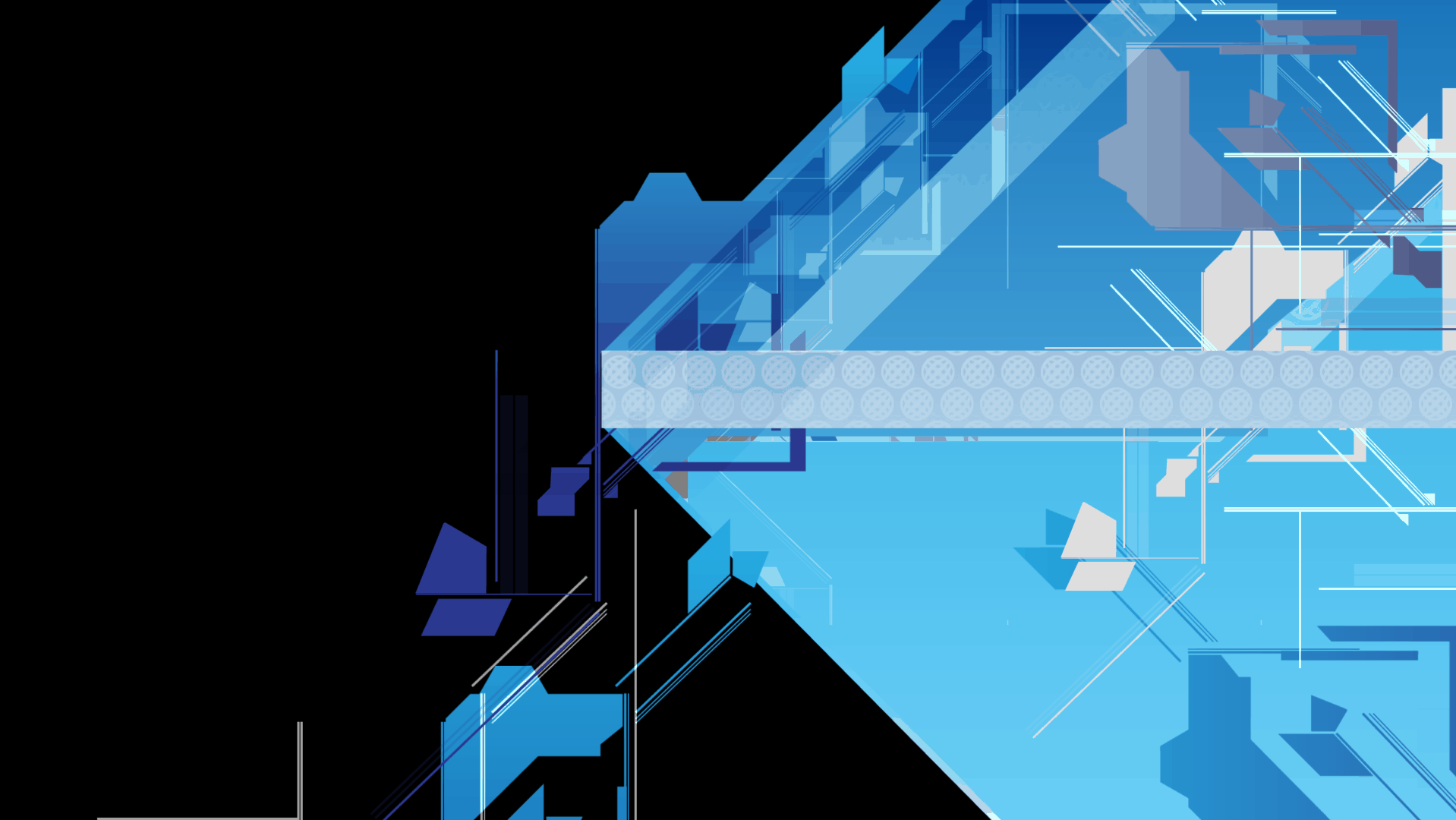
In the first of an exclusive new video series supported by Mahindra Comviva, we look at the market shifts and trends driving MNO strategy worldwide. Here, MEF talks to Bruno Mettling, CEO of Orange Middle East & Africa, about driving digital transformation in developing markets.
Are mobile operators the new ‘over the top’ players?
It’s an interesting question. Everyone knows that the original ‘OTTs’ – Facebook, Google, Amazon and others – have rushed to compete with operators in messaging, content and more.
But when Orange recently declared its intention to bring societal renewal to Africa by investing in health, education and even electricity generation, isn’t this going ‘over the top’ too?
Perhaps. But then Orange believes it is ideally placed to help developing economies prepare for the technological challenge of the 21st century. In July 2016 this $40 billion company formally revealed its ambitions to be an agent of ‘digital transformation’ in the Middle East and Africa.
The company is present in 21 countries in the region, and says more than one in 10 Africans is already an Orange customer. Though its historic success is clearly built on telecoms services – voice, messaging and data – Orange believes it can build on this legacy with an ambitious new plan.
In this exclusive video interview Bruno Mettling, CEO of Orange EMEA, says: “It will always be our job to provide a level of connectivity, but we can move from the job of connecting people to being a partner of digital transformation for this continent.
“There’s a huge opportunity in Africa because of the gap in physical infrastructure and (we can close) this gap with digitisation.
“But what’s the business model behind this transformation? You realise a lot of it is in the hands of the operators: IoT, networks, mobile payment, physical distribution. These elements – in this continent – are managed by operators. So we have to move from being a provider of connectivity to being a provider of new services and APIs.”
It will always be our job to provide a level of connectivity, but we can move from the job of connecting people to being a partner of digital transformation for this continent.
A fine example of Orange’s audacious plans is the Orange Rural Electrification Programme, which is being piloted in the Ivory Coast, Senegal and Cameroon. It’s the first domestic solar-energy trial for consumers in rural Africa. The idea is to help people generate electricity where no traditional grids are available.
Orange is providing solar kits or micro-grids to rural communities to harness the power of the sun. Mettling says: “Don’t forget that one in two Africans has a mobile but only one in three has electricity…There are rural areas where it’s hard to imagine having a physical network because of transport issues. But with the new solar technologies, and with mobile payment, we can organise the distribution of electricity for a large part to the population.”
Clearly the mobile payment piece is critical here. Digitised money makes it easier for these rural communities to buy and sell electricity efficiently – and do so with reduced travel and fear of theft. In Orange Money, Orange runs a platform that has 19 million customers and exchanges one billion euros in transactions every month.
Mettling says: ”(It’s life-changing) to be able to pay with high level of security even without an internet connection. Mobile payment is transforming daily activity for a large part of the population.”
Other key areas for Orange include education and health. The company has already given away equipment to 300,000 young people in African schools. And the winner of Social Venture prize in 2016 was evidence of its commitment to health. The award went to Medtrucks, by Morocco’s Anass El Hilal. Medtrucks are hyper-connected trucks equipped to deliver medical care in remote areas.
And then there is IoT. In September 2016, Orange launched Tunisia’s first smart metering pilot in partnership with STEG (The Tunisian Company of Electricity and Gas). It comprises 100 connected meters, but the partners are targeting four million units when the solution is rolled out commercially nationwide. Orange believes its ‘smart metering as a service’ offer can help utility companies reduce the cost of reading meters and the risk of fraud or billing errors.
Of course, Orange is not the only corporation that believes it can bring digital transformation. The previously mentioned OTTs have similar ambitions. Mettling is relaxed about this. “I like this new word: ‘co-opetitors’. The role of the OTT in distributing content is decisive in the development of connectivity and data. Clearly we have strong co-operation in this area: we’re transmitting the data behind this usage. Meanwhile we have formal agreements like when we developed a new smartphone with Google.”
This is the Orange Rise 31, an affordable Android phone bundled with data and Google services such as YouTube and Google Search. It has been available in 10 countries in the MEA since February 2016.
However, Mettling concedes there are times when the OTTs are rivals. “Sometimes the OTTs are competitors,” he says. “For example, when we want to deliver new content and offers to our customers. Or when they want to deliver direct connectivity. When they say people can have the internet for free, that’s not true from my modest point of view.”
Whatever way this competition pans out, it’s clear that Orange – along with the region’s other major operator groups – sees the long term role of the mobile operator fundamentally changing. Mettling says: “Each year we invest 900m euros in Africa. A majority of this investment is in network and IT systems. But behind this you have the first platform of services. Tomorrow this will represent a large part of our investment.”








One Comment